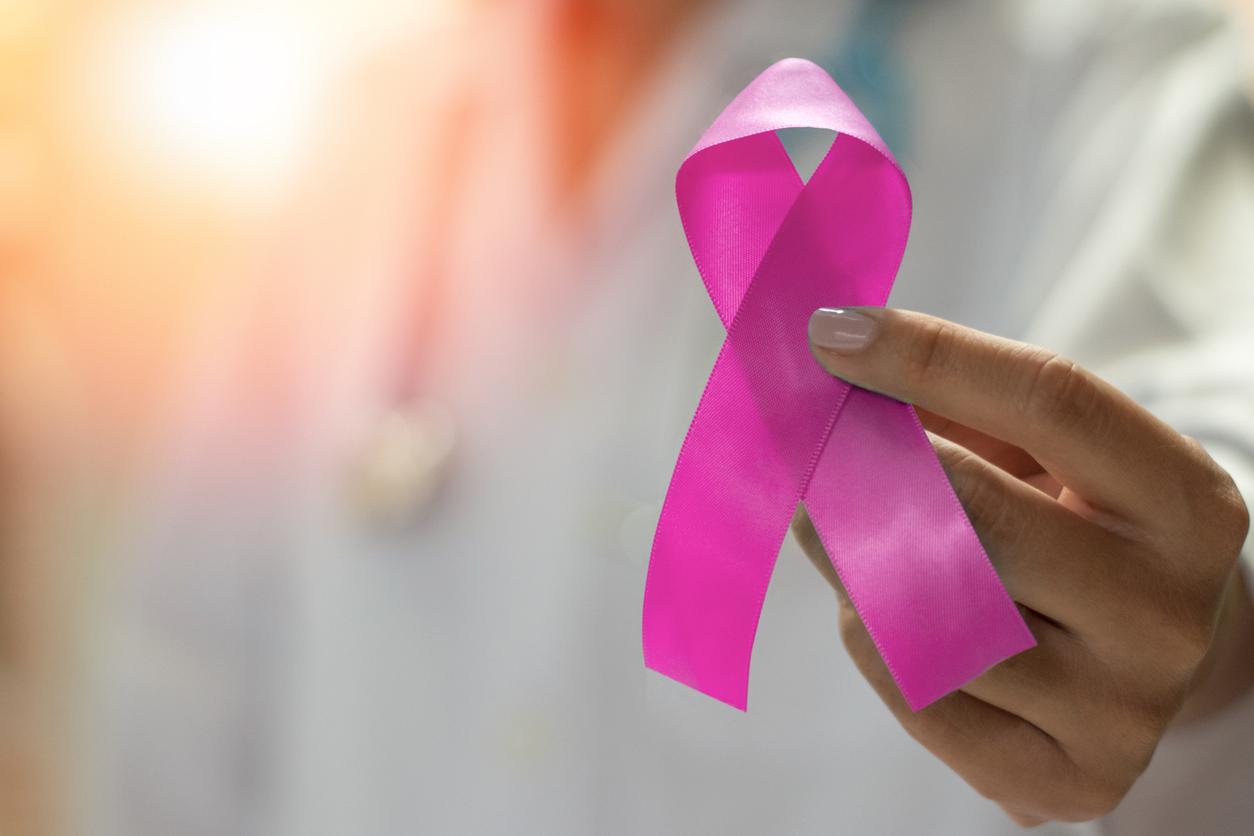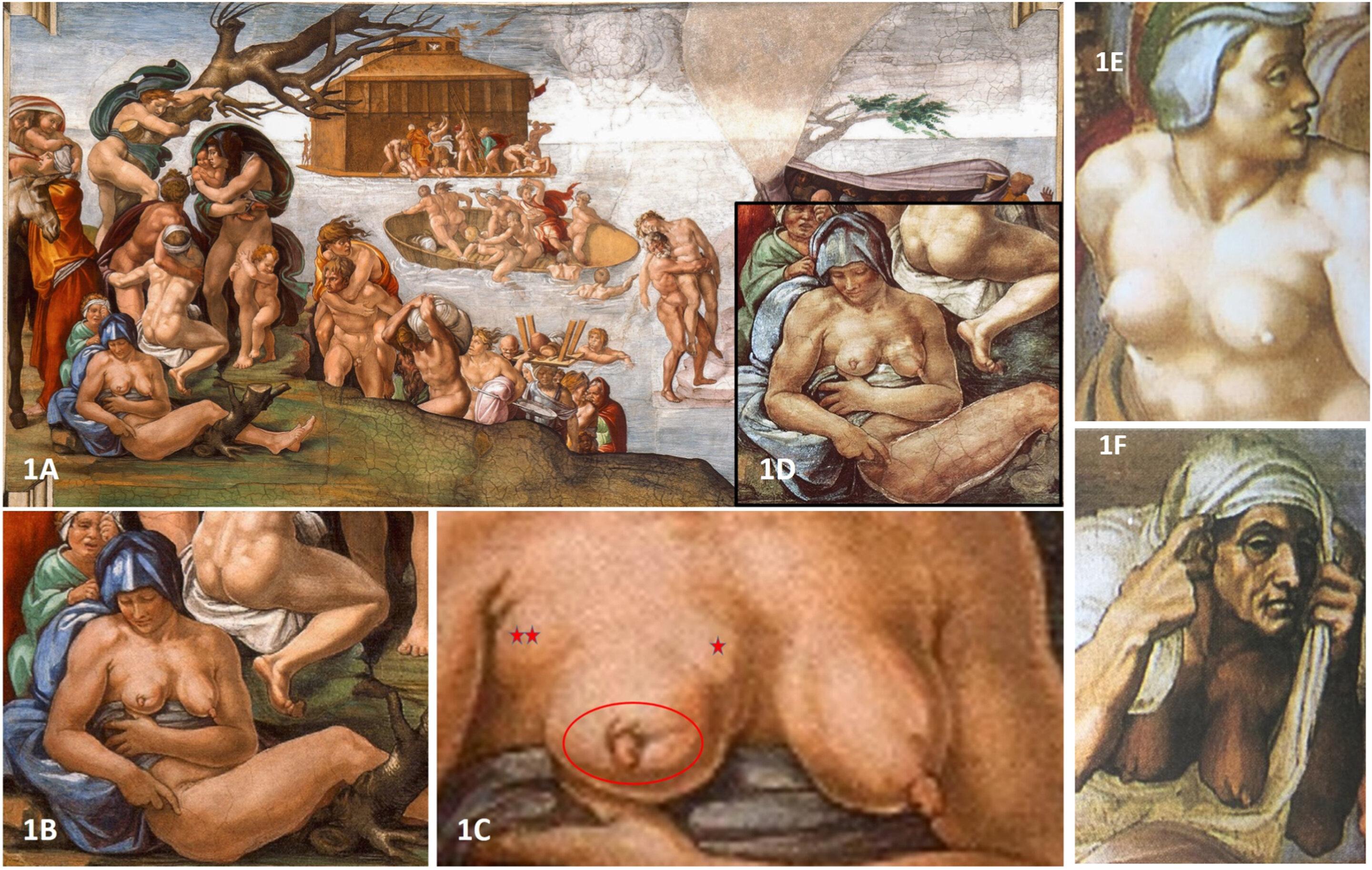A former nurse, now 62, has her breast cancer recognized as an occupational disease following her night shift.

- A nurse finally obtained, after two years of procedure, the recognition of her breast cancer as an occupational disease.
- This is a first in France, said the CFDT and it could allow other victims to be recognized.
- The link between night work and breast cancer has been demonstrated by studies.
This is a first and the result of an administrative battle that will have lasted almost two years: a nurse who had worked 873 nights for 28 years saw the link between her breast cancer and her night work recognized by the courts in last January, said the CFDT in a press conferencethis Monday.
Breast cancer recognized as an occupational disease
“Her shift work as a nurse may have contributed to the emergence of breast cancer“, specifies the report of the medical expertise, without however”give him full responsibility“.
Now retired, she had worked in the cardiology and gynecology departments of the Center Hospitalier de Sarreguemines, in Moselle, from 1981 to 2009. It was that year that she was treated for her breast cancer, the most common cancer in France and which represents the first cause of death by cancer in women, according to Public Health France.
“For us, it’s a big victory”, explains Josiane Clavelin, former nurse’s aide at the Freyming Merlebach hospital in the same department, and member of the CFDT. “For all these years, she was not well. Now she is really happy that her employer finally recognizes her occupational disease,” she said. It also allows him to receive compensation.
This recognition calls for others and could serve as case law: nearly twenty declarations of occupational diseases are being compiled after the CFDT launched in 2018 an investigation-action on the recognition of breast cancer as an occupational disease.
Working nights greatly increases breast cancer risk, studies show
This rare decision comes at a time when studies published over the past fifteen years clearly establish that night work is a risk factor for breast cancer. In particular, it reduces the secretion of melatonin, an anti-carcinogen.
“Occupational exposure to night work, fixed or shift, leading to disturbances of the biological clock and circadian rhythms, has been associated in several studies with an increased risk of breast cancer in women. indicates theNational Institute of Health and Medical Research (INRS). Working at night increases the risk of breast cancer by 40%, according to a study of 2,500 women by the same institute.
But that’s not all: the disruption of biological rhythms, caused by staggered hours, can cause other harmful effects such as sleep disorders but also metabolic disorders (obesity, diabetes, arterial hypertension) and coronary heart disease ( heart attack and coronary ischemia). Besides, “Shift and/or night work would increase the risk of spontaneous abortion, premature delivery and intrauterine growth retardation“, specifies theINRS.

















